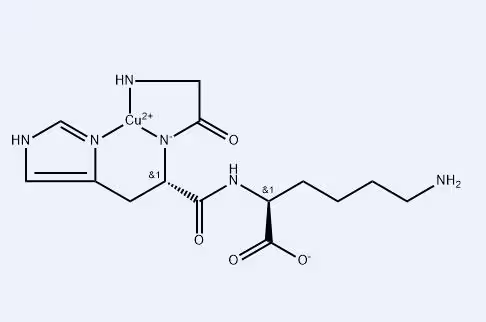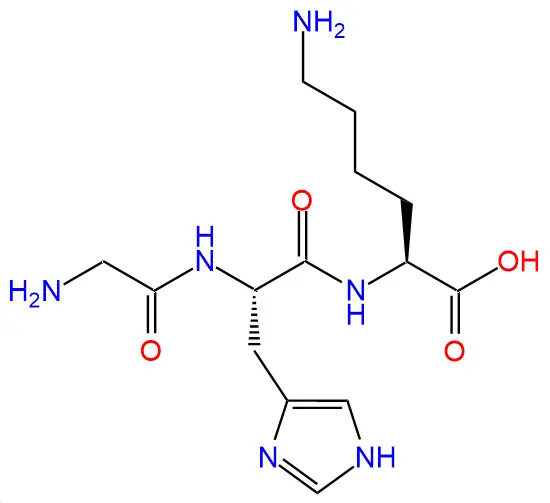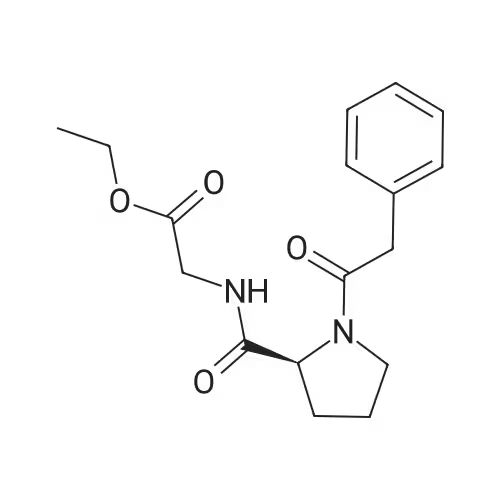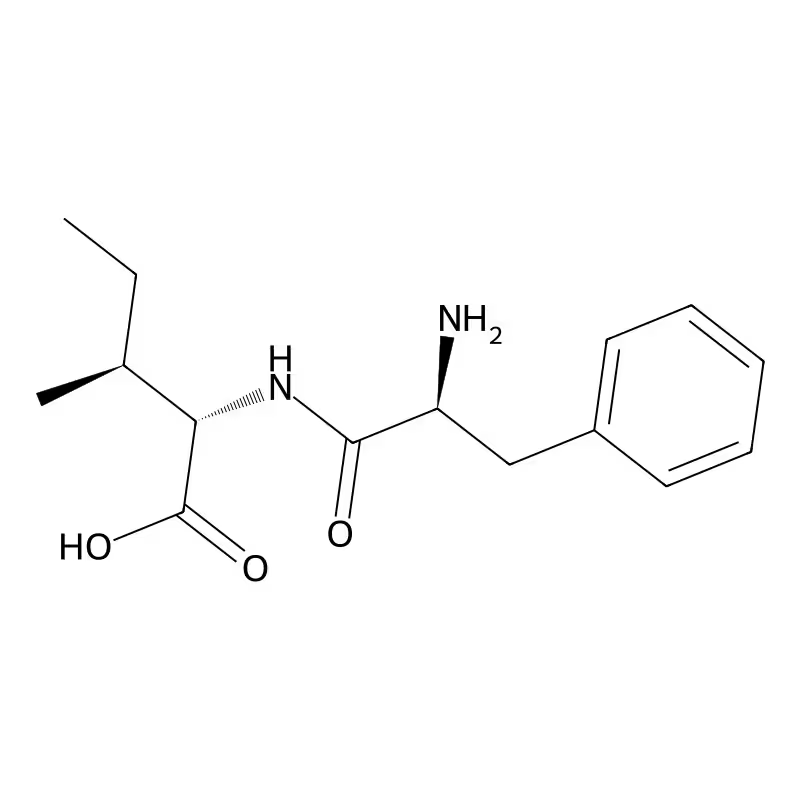Irvingia gabonensis, also known as dika nut, wild mango, or African mango, is a popular type of fruit sometimes sold as a supplement for its wide variety of health benefits. This fruit can reduce inflammation, boost antioxidant defenses, improve cardiovascular health, and more. This article is about the main benefits of African mango, its potential side effects, the best time to take it, and more.
African Mango
What is African Mango?
Possible benefits
All of the potential benefits mentioned below are dose-dependent. As with other fruits and plants in general, there is a sweet-spot dose that allows you to get most of the benefits without causing meaningful side effects or tolerance buildup in the body. We will discuss the best dosing protocol later in this article.
Minor benefits
Fat loss – One study found a decrease in fat mass and total weight due to supplementation. However, this study had a potential conflict of interest so it needs to be replicated.
Reduced blood pressure – This effect is secondary to fat loss and doesn’t seem to apply if the supplement doesn’t reduce fat mass.
Antioxidant properties – This fruit contains a wide variety of flavonoids and other beneficial compounds, many of which have strong antioxidant properties and can help reduce oxidative stress in the body.
Reduced inflammation – Many micronutrients, flavonoids, and polyphenols in African mango are proven to reduce inflammation in the body through various mechanisms.
Improved immune health – Secondary to the antioxidant and anti-inflammatory properties, African mango can improve innate and adaptive immune system health and function. This fruit can also reduce the symptoms of various autoimmune conditions.
High micronutrient content – The fruit is rich in many vitamins and minerals per calorie. However, you would need to eat very high quantities of it (hundreds or thousands of grams daily) to get enough vitamins and minerals from this food alone. So instead of relying on this fruit to get enough micronutrients, think of this benefit as a bonus.
Improved digestion – Like most other fruits, African mango can slightly improve gut health, bowel movements, and digestion.
Improved cholesterol levels – This fruit can slightly improve cholesterol levels by lowering LDL cholesterol and possibly increasing HDL cholesterol. This benefit mainly applies to people with elevated cholesterol. The antioxidants in this fruit may also prevent or reduce the oxidation of LDL cholesterol.
Improved insulin sensitivity – People with insulin resistance may experience a slight improvement.
Possible side effects
The side effects below are dose-dependent. The risk for them increases (often linearly but sometimes exponentially) as you increase the dose. Some of the side effects only apply to very high doses.
High sugar content – Sugar in fruit generally isn’t problematic as it doesn’t raise your blood glucose levels much. However, if you have to keep your sugar intake low for whatever reason, keep in mind that African mango contains high amounts of this macronutrient.
Allergic reaction – While an allergy to this fruit is rare, some people may experience an allergic reaction after ingesting the fruit. If you experience allergic symptoms like itching or swelling of the mouth, coughing, sneezing, rash, or other skin reactions because of the fruit, it is probably best to stay away from it.
Diarrhea – This unpleasant effect is relatively common with fruits and fruit supplements, especially as one starts consuming them. It is usually nothing to worry about.
Toxicity – Many flavonoids and other bioactive compounds in this fruit have adaptogenic properties and act as mild stressors on the body. That is usually a great thing as it allows your body to adapt to specific forms of stress and become more resilient. However, stressing the body too much can be counter-productive and cause multiple side effects, including mild toxicity. While acute toxicity is extremely rare, taking or eating large quantities of African mango could lead to mild chronic toxicity and cause some health problems over time. To prevent chronic toxicity or the buildup of tolerance, staying below 500 grams of fresh fruit or 100 grams of dried fruit in a day is best unless you have a great reason to consume more.
Contamination – If growing or storing conditions are not adequately controlled, African mango can be contaminated with bacteria, molds, and other potentially harmful microorganisms. Many growers also use pesticides that can be unsafe. Choose the brand you get fruits and fruit powders from wisely. For fruit powders and supplements, it is often best to use websites like Amazon, where thousands of users have reviewed and rated the products. You are less likely to buy something of lower quality there.
Who should not eat or take African mango?
You should probably avoid African mango if you:
are allergic to this fruit
experience a severe adverse reaction after eating the fruit (though a mild adverse reaction is usually not a problem and can even be seen as positive as it is a sign that the adaptogenic molecules in the fruit are causing a hormetic response that allows the body to adapt and become more resilient)
Who will benefit the most?
You should consider taking the fruit or adding it to your diet if you:
enjoy the taste of it
wish to improve general health
have a high budget for supplements and are willing to experiment with a variety of them (assuming you don’t fall into any of the categories that should avoid this fruit, African mango appears safe and is unlikely to do more harm than good for most people)
How much African mango should you take?
Because many flavonoids and other chemicals in the fruit are adaptogenic, they act as mild hormetic stressors on the body, which allows your body to adapt and become more resilient to certain kinds of stressors in the long term. A higher dose of these compounds isn’t necessarily better because they may put too much stress on the system.
The sweet-spot dose typically ranges between 100-300 grams of fresh African mango or 20-30 grams of dry fruit or dry powder daily. If you buy an x:1 extract, divide the dry powder dosage by x.
The higher end of this range usually provides slightly more benefits in the short term. If you plan to take or eat this fruit regularly for a longer time (multiple months or years), the lower end is probably a better way to go.
While this fruit could theoretically cause acute toxicity, you’d need to take an extremely high amount that would be way beyond what even the most potent extracts contain.
Like most other plants, it is best to cycle African mango and take about two days off weekly to reset your tolerance to the adaptogenic compounds in the fruit. That will allow you to keep getting the benefits in the long term.
Best time to take African mango
Most bioactive compounds in African mango are water-soluble, so you don’t need to take the fruit with food to absorb them well.
Whether you take the fruit in the morning or the evening does not make much difference. Both options are fine so feel free to experiment.
Certificates
2.SGS/CIQ/CQC certification for stringent quality control
3.Accredited with HALAL, KOSHER, HACCP, BRC FOOD, GMP certifications
4.ISO 22000:2005 certified, ensuring extensive food safety management systems

FAQ
As a leading African Mango manufacturer and supplier from China, our products stand out for their high quality and composition.
2. Can you supply bulk quantities for businesses?
Yes, we are a B2B supplier of African Mango, specializing in bulk African Mango powder and isolate. As a premium African Mango isolate supplier and wholesaler, we can meet large-scale demands efficiently.
3. Are your products suitable for vegans and those with allergies?
Absolutely. Our African Mango, free from major allergens. This makes it an ideal choice for vegans and those with dietary restrictions.
4. How do you ensure the quality of your African Mango products?
We adhere to strict ISO22000 & quality control standards. Being a high-quality African Mango manufacturer, we ensure that every batch of African Mango, whether isolate, peptide, meets the highest quality standards.
5. Do you offer African Mango for international clients?
Yes, as a African Mango exporter from China, we provide African Mango products globally, including African Mango peptide and isolate. Our efficient distribution network ensures timely delivery worldwide.
6. Are your products cost-effective for wholesale purchase?
Certainly. We pride ourselves on being an affordable African Mango manufacturer, offering the best African Mango prices for wholesale and bulk purchases.
7. Can I get a customized African Mango formulation?
Yes, our R&D team can work with you to create a custom formulation, making us a natural African Mango peptide supplier that caters to specific client needs.
8. What is the advantage of choosing your African Mango isolate?
Our pure African Mango isolate is of premium quality, ensuring content and excellent solubility, making it a preferred choice for various applications.
9. How do you support business customers in the African Mango market?
We offer comprehensive support, including 24/7 customer service, and are a reliable African Mango raw material producer. Our expertise as a African Mango peptide exporter also benefits businesses looking for high-grade products.




